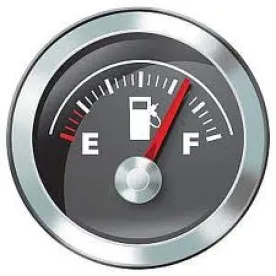As part of a White House roundtable to launch the Sustainable Aviation Fuels (SAF) Grand Challenge to decarbonize the aviation sector by 2050, on September 9, 2021, the U.S. Department of Energy (DOE) announced the availability of $64.7 million in funding for projects focused on the production of cost-effective and low-carbon biofuels. DOE aims to advance technologies to replace petroleum fuels used in heavy-duty forms of transportation, such as airplanes and ships.
DOE Secretary of Energy Jennifer M. Granholm stated that, although heavy-duty vehicles in the transportation sector such as planes and ships are difficult to electrify, decarbonizing transportation is a critical part of the path to achieve net-zero carbon emissions. Also as part of the SAF Grand Challenge, DOE signed on September 8, 2021, a memorandum of understanding with the U.S. Department of Transportation (DOT) and the U.S. Department of Agriculture (USDA). The memorandum formalizes the DOE, DOT, and USDA’s collaborative efforts on the required research, development, and demonstration (RD&D) to reach the goals of supplying at least three billion gallons of SAF per year by 2030 and sufficient SAF to meet 100 percent of aviation fuel demand by 2050.
DOE selected 22 projects to receive the available funds administered by its Bioenergy Technologies Office (BETO). The projects target high-impact bioenergy technology RD&D to increase foundational knowledge and scale up systems to produce low-carbon biofuels at lower costs, covering five topic areas:
-
Scale-Up of Biotechnologies;
-
Affordable, Clean Cellulosic Sugars for High Yield Conversion;
-
Separations to Enable Biomass Conversion;
-
Residential Wood Heaters; and
-
Renewable Natural Gas.
Additional information about the selected projects is available here.



 />i
/>i

